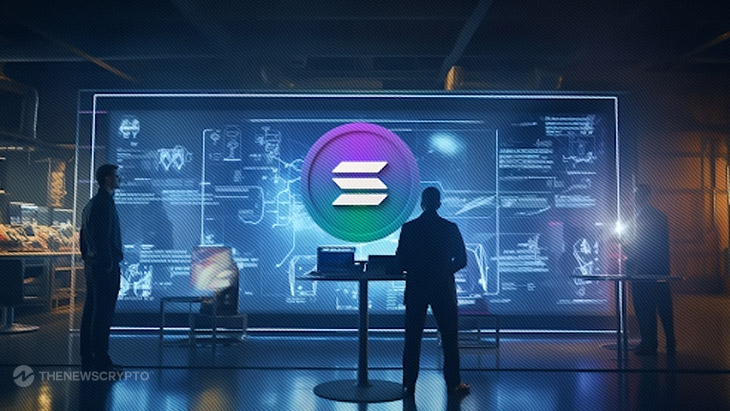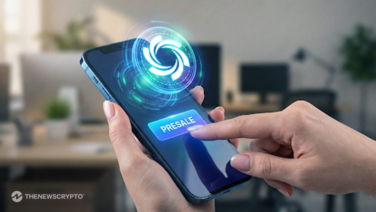Io.net, a Solana-based decentralized physical infrastructure network (DePIN) project that focuses on sourcing GPU processing capacity, has announced a rewards program in advance of the token’s debut.
The initiative, called Ignition, will begin on March 1 and continue through April 28. This was announced on Wednesday by Io.net. Users will get points from the program according to how many GPUs they give to the network.
Io.net stated:
“A number of factors are considered in the rewards algorithm, including job hours completed, the node’s bandwidth, GPU model, and uptime.”
According to io.net, the program will also take into account GPU supplier activities from the time of io.net’s introduction in November 2023.
When asked whether awarded points would be turned into Io.net’s native IO token, Ahmad Shadid, the company’s founder and CEO, refused to answer. However, he did state that the token is anticipated to debut on April 28.
What is io.net?
Io.net is a GPU resource aggregator for artificial intelligence (AI) and machine learning (ML) enterprises, hosted on the Solana DePIN project. According to Shadid, the initiative started in 2020 when he was developing Dark Tick, an ML quant trading company. For every stock and cryptocurrency that was traded, Dark Tick needed to run models, which required “immense” amounts of processing power.
Shadid claimed to have created a global distributed network of GPUs in order to save expenses. He saw that the network was ideal for supporting AI/ML firms, which also needed a lot of processing power at low latency, once OpenAI introduced ChatGPT. Following their victory in the April 2023 Solana Hackathon, Io.net went on to establish the network in November.
According to Io.net, hundreds of thousands of GPUs are presently available via its network at reduced prices and with short lead times. Shadid claims that in the three months since its introduction, io.net has expanded to over 25,000 nodes, serviced over 47,000 compute hours, and paid over $300,000 in payments from users to network vendors.
Shadid stated:
“The demand for GPU compute capacity for AI applications is more than 2.5 times the capacity that exists in cloud services like AWS and Azure today, increasing costs and lead times for everyone. The reality is that AI will only become further entrenched in our everyday lives. From OpenAI’s Sora to Microsoft’s Copilot to the thousands of AI startups that are being built, the demand for capacity is growing at an alarming rate.”
‘Internet of GPUs’
According to Io.net, their goal is to develop a “Internet of GPUs” in order to address the lack of GPU computing power brought about by the rise in AI.
In order to provide transparent proof-of-compute and to make every work and transaction between a supplier and a customer visible on the chain, Io.net leverages the Solana blockchain. According to the initiative, the IO token in turn offers consumers a uniform transaction experience and makes it possible to create incentive systems that encourage users, suppliers, and customers to engage and expand the network.
Decentralizing io.net and handing over administration to the community will begin with the introduction of the Ignition rewards program, according to io.net.








